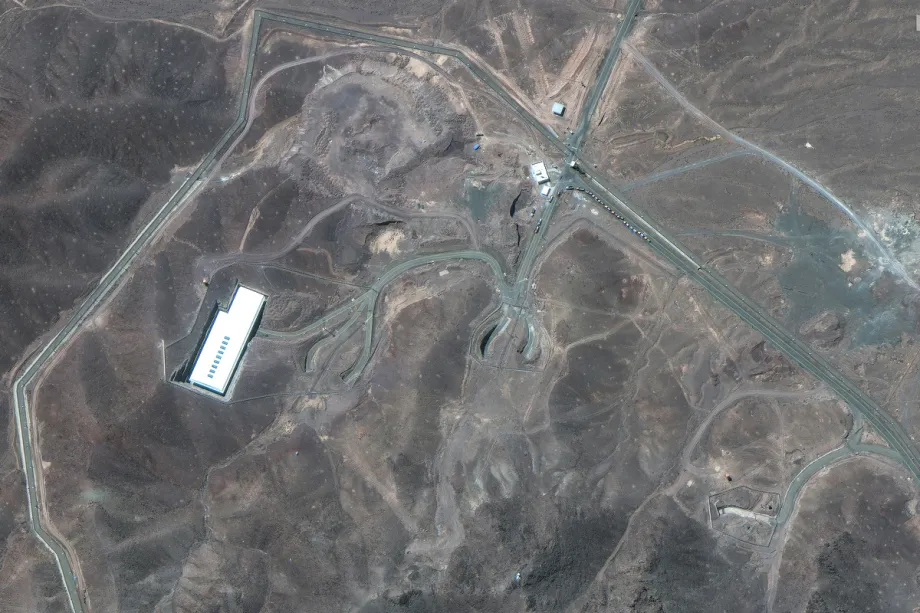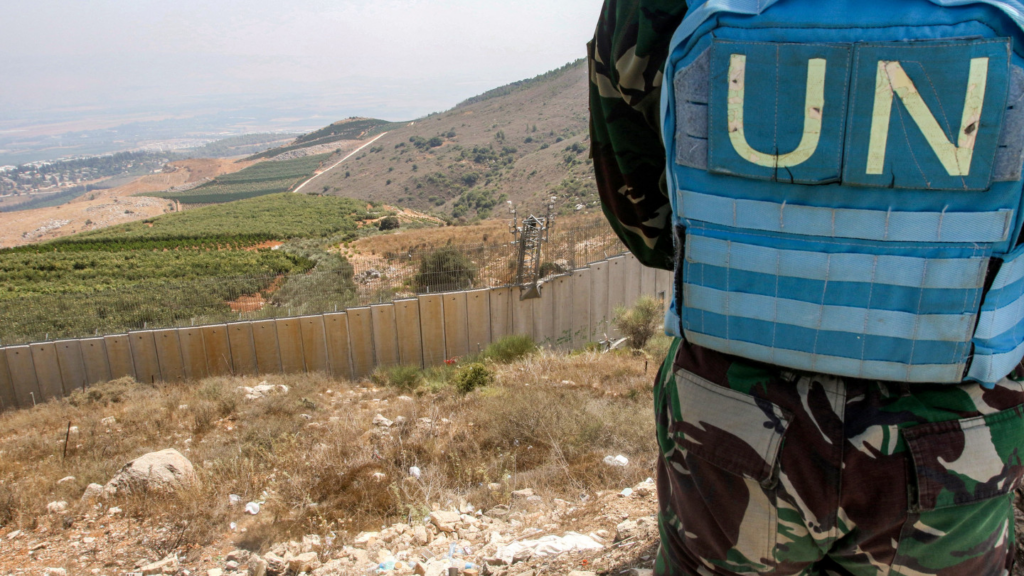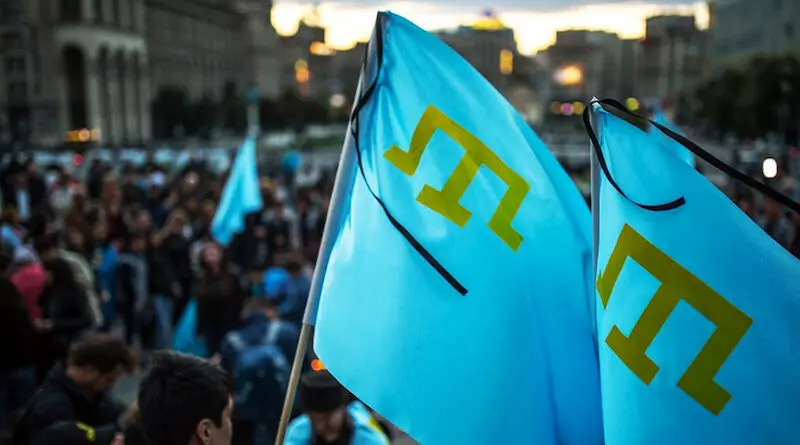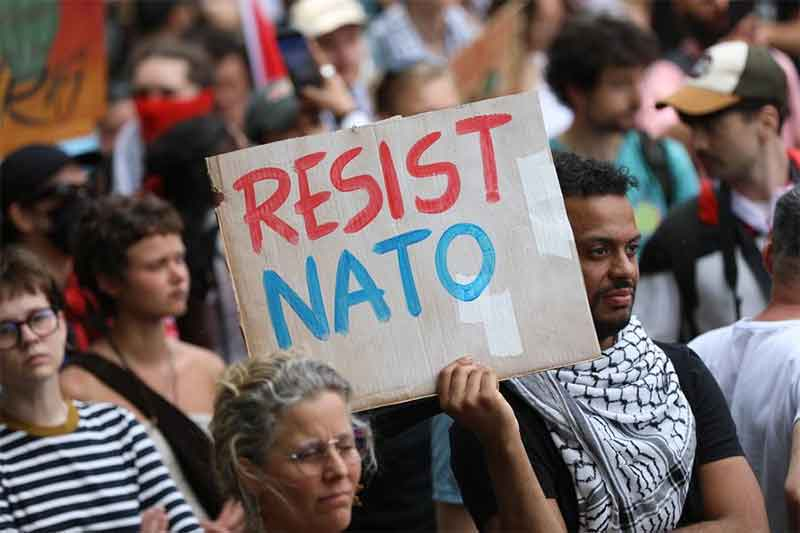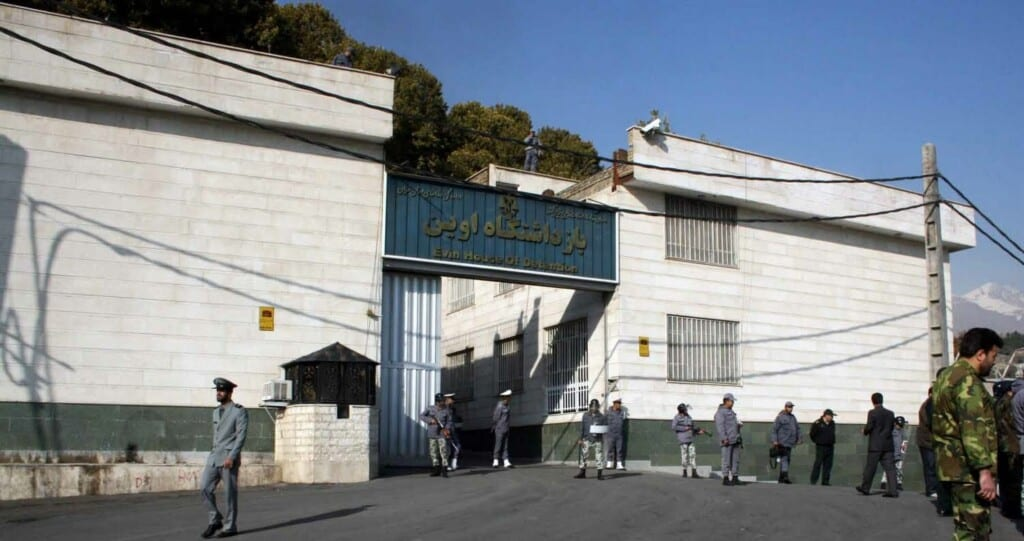High Risk Of More Conflict As Iran-Israel Ceasefire Could Collapse – Analysis
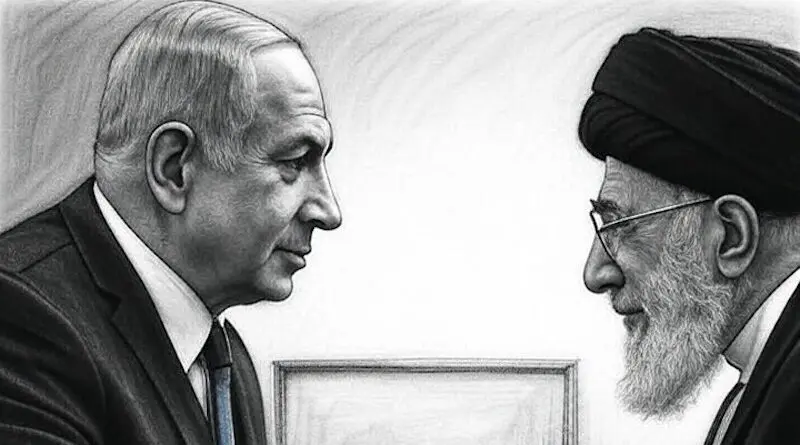
Don’t hold your breath. President Donald J. Trump’s silencing of Iranian and Israeli guns is fragile at best. Speaking at a news conference on the sidelines of a NATO summit, Trump admitted as much. “Can it start again? I guess it can, maybe someday soon,” Trump said.
The fragility was built into the halt to the hostilities from the outset, starting with differences over whether the halt constituted a ceasefire. Iran rejects the notion of a ceasefire, even if it has agreed to halt the hostilities. Iran has insisted from day one of the Israeli assault that it would only stop retaliation for Israeli strikes once Israel halts its attacks.

